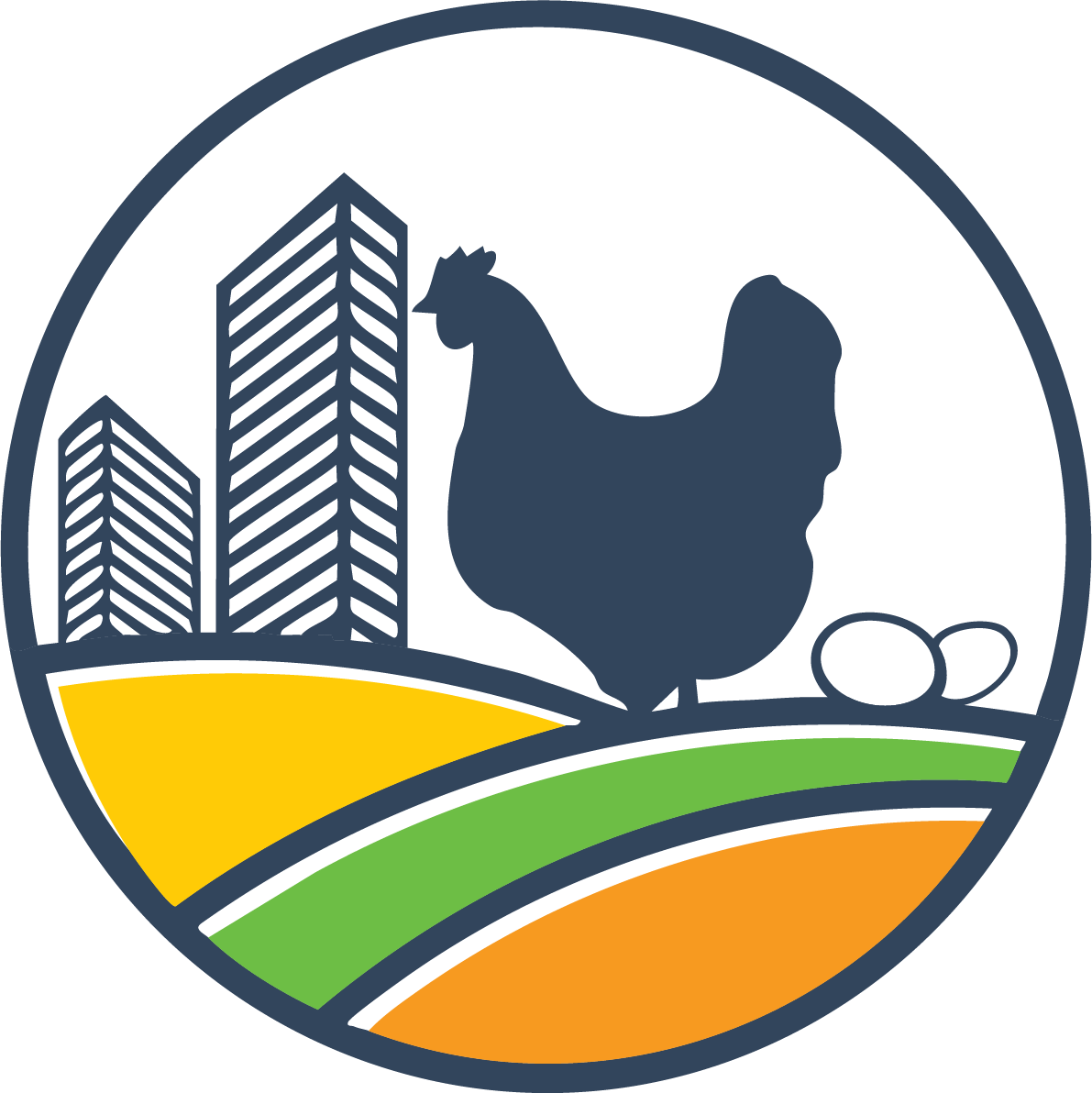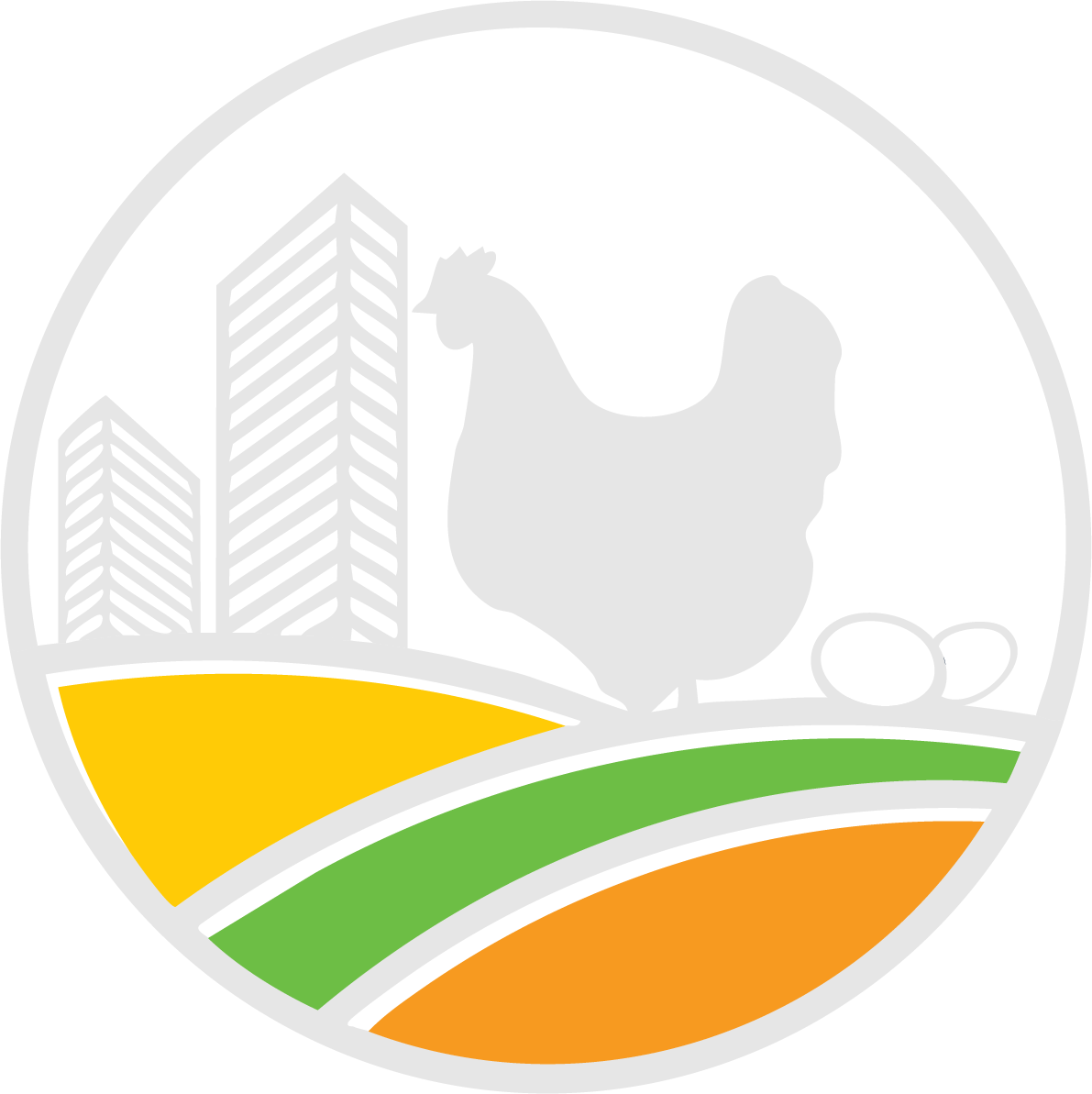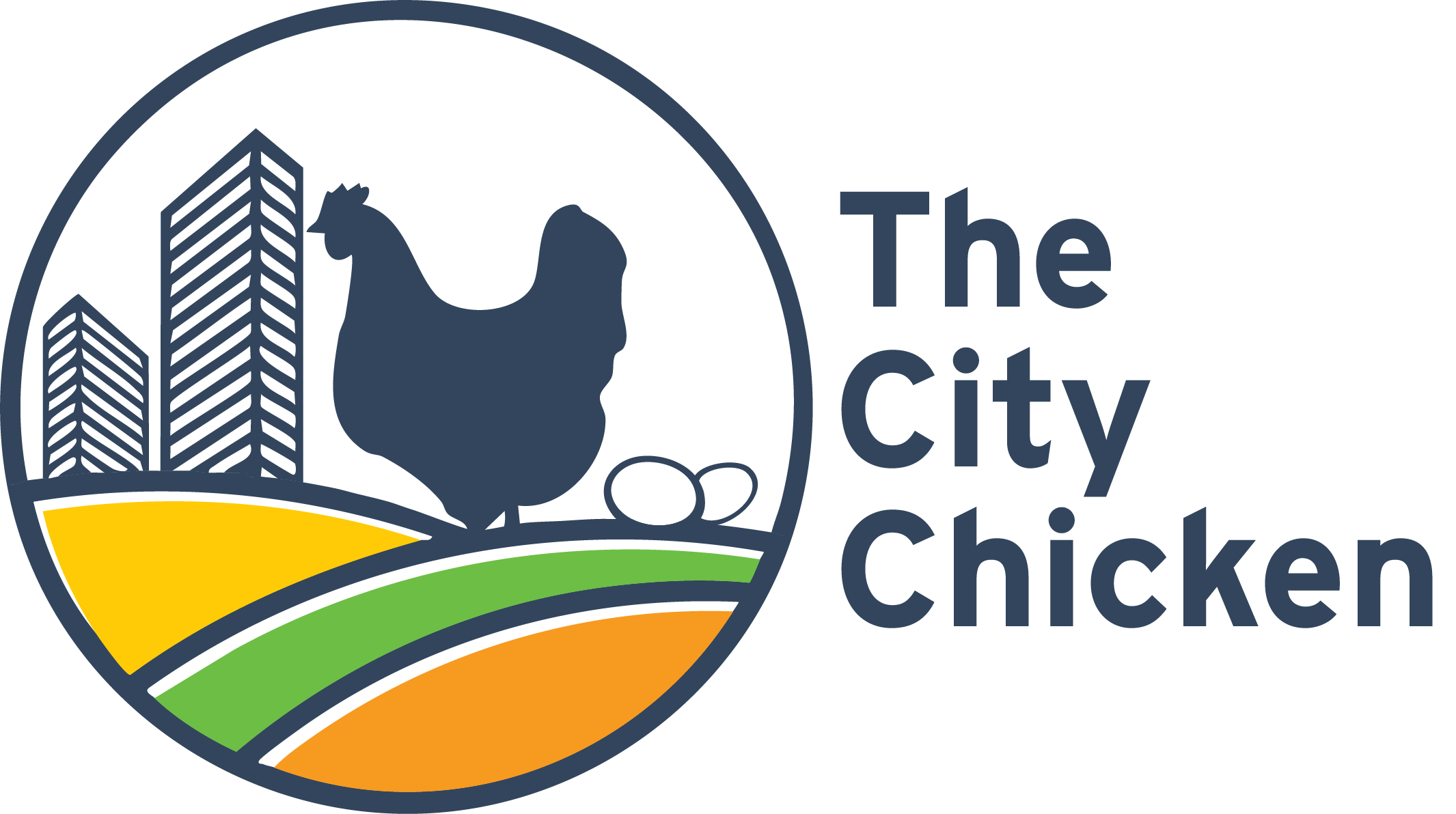Can Chickens Eat Cocounut?

Have you ever wondered if chickens can eat coconut or coconut flakes?
The answer is yes! Chickens can indeed enjoy this tropical fruit and all its nutritional benefits. Whether it’s fresh coconut meat, coconut oil, or even coconut milk, these feathered friends can indulge in the goodness of coconuts.
Coconut is not only safe for chickens, but it also provides them with essential minerals and vitamins. Packed with potassium, magnesium, vitamin C, fiber, and healthy fats, coconuts offer a wholesome treat for your flock. However, it’s important to note that sweetened coconut should be avoided, as the extra sugar can disrupt their nutrient balance.
But that’s not all! Coconut oil, known for its healing properties, can be beneficial for chickens too. Many chicken enthusiasts believe that it can have similar positive effects on your feathered friends as it does on humans. And if you’re worried about feeding your chickens coconut husks or coconut rice, fret not! These can also be safely included in their diet.
So, if you’re looking to add some variety to your chickens’ diet and provide them with a tasty and nutritious treat, consider giving them coconut. Just remember to avoid sweetened versions and let your chickens enjoy the natural goodness of this tropical delight!
Exploring the Safety and Nutritional Benefits of Feeding Coconut to Chickens
Coconut is Safe and Nutritious for Chickens
Chickens can safely consume coconut as part of their diet. Coconut meat, in particular, is packed with essential minerals and vitamins that can benefit the health of chickens. It is rich in potassium, magnesium, vitamin C, fiber, and healthy fats. The medium-chain saturated fatty acids found in coconut meat are metabolized differently than other fats, making them a valuable source of energy for chickens. Additionally, coconut is cholesterol-free, making it a healthier option for chickens compared to other fatty foods.
Coconut Husk and Other Parts
Apart from coconut meat, other parts of the coconut can also be beneficial for chickens. Coconut husk, for example, can be used as bedding material in chicken coops. It provides insulation, absorbs moisture, and helps control odors. However, chickens should not consume coconut husk as it is not easily digestible. It is important to ensure that chickens only have access to the edible parts of the coconut, such as the meat and water.
Coconut Oil and Other Coconut Products
Coconut oil is another coconut product that can be beneficial for chickens. It is believed to have healing properties and can be added to their diet in small amounts. However, it is important to note that coconut oil should not replace the main sources of nutrition in a chicken’s diet. Other coconut products, such as coconut milk, coconut cream, and coconut yogurt, should be avoided as they may contain added sugars or other ingredients that could be harmful to chickens.
Precautions and Moderation
While coconut can be a nutritious addition to a chicken’s diet, it should be fed in moderation. Too much coconut can disrupt the balance of nutrients in a chicken’s diet and may lead to health issues. It is also important to ensure that the coconut provided to chickens is fresh and unsweetened. Sweetened coconut products can contain added sugars that are harmful to chickens. As with any dietary changes, it is recommended to introduce coconut gradually and monitor the chickens’ response to ensure they tolerate it well.
Conclusion
In conclusion, chickens can safely eat coconut. It is important to feed them fresh coconut without any added sweeteners. Coconuts are packed with essential minerals and vitamins that can benefit the health of chickens. However, it is recommended to feed coconuts in moderation and as part of a balanced diet. Overall, coconut can be a nutritious addition to a chicken’s diet.








